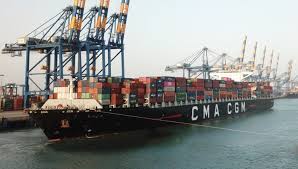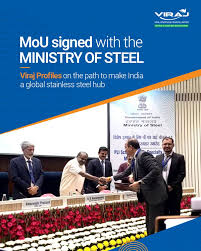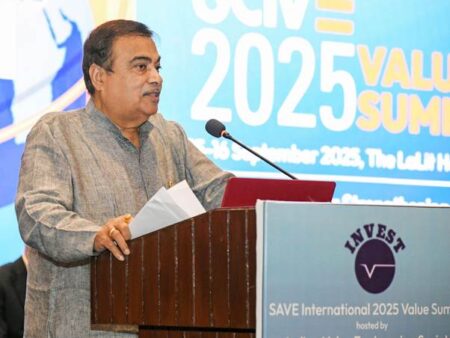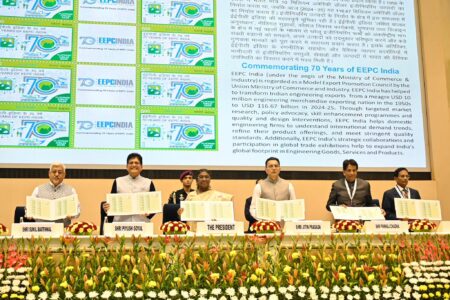The Ministry of Coal has set a target to generate 1.3 billion tonnes (BT) in FY25 and 1.5 BT by FY30 in order to increase India’s energy security and realise AtmaNirbhar Bharat by replacing imported coal with domestically mined coal. A key objective of the nation is the development of rapid, affordable, and environmentally responsible coal transportation.
The Ministry of Coal is developing a National Coal Logistic Plan, which includes First Mile Connectivity through railway sidings near coal mines and upgrading the rail network in coalfields, with the aim of expanding coal evacuation in the future.
In order to eliminate road transportation of coal in mines, the Ministry of Coal has developed a strategy. It has also taken action to improve the mechanised coal transportation and loading systems under the “First Mile Connectivity” programs. Crushing, coal size, and quick computer-assisted loading are advantages of Coal Handling Plants (CHPs) and SILOs with Rapid Loading Systems.
The Ministry of Coal has initiated 51 first mile connectivity (FMC) projects totaling 522 million tonnes per annum (MTPA) (44 CIL, 4 SCCL, and 3 NLCIL), of which 8 projects (6 CIL and 2 SCCL) totaling 95.5 MTPA have been commissioned. All 51 of these projects, which will cost around Rs. 18000 crores, will be completed by FY2025. It has been suggested to take on an extra 17 FMC projects with a capacity of 317 MT to be implemented during FY20-27 because CIL has begun new projects in the production of coal.
The environmental and financial advantages of FMCs were studied by the National Environmental Research Institute (NEERI), Nagpur, in 2020–21. According to the report, there has been a considerable decrease in annual diesel consumption and cost, as well as a yearly decrease in carbon emissions and truck movement density.
Reduced manual intervention, precise pre-weighed quantity, quicker loading, and better coal quality are all benefits of FMC projects. Rakes and wagons will be more readily available if loading times are reduced. Less traffic on the roads means less pollution and less diesel consumption. It will be a situation where everyone benefits—including the firm, the railroads, and the customers.











